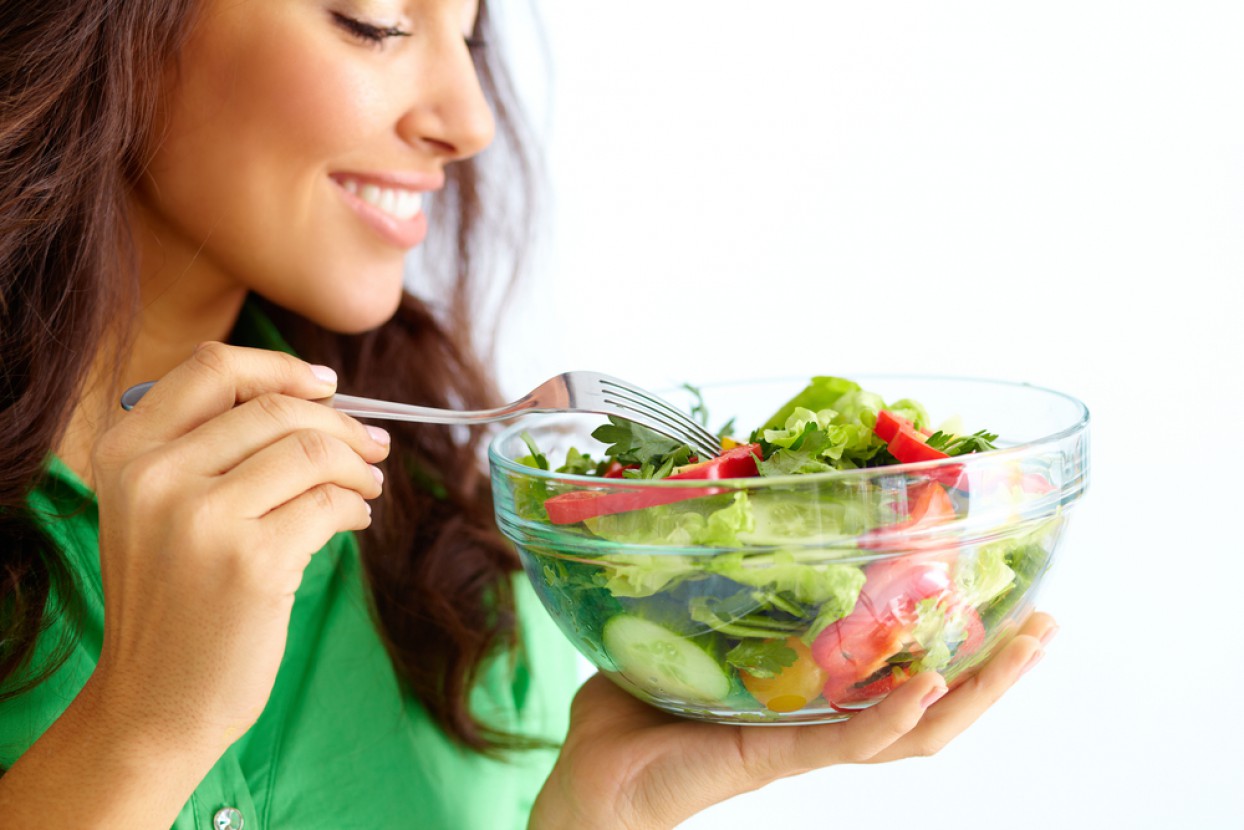
It’s time to stop counting the calories, and instead start promoting the nutritional value of foods if we are to rapidly cut illness and death from cardiovascular disease and curb the rising tide of obesity, say experts in an editorial published in the online journal Open Heart.
Its time to shift the focus away from calories and emphasise a dietary pattern that focuses on food quality rather than quantity to help reduce obesity, related diseases, and cardiovascular risk. For e.g. Daily consumption of a sugary drink (150 calories) is associated with a significantly increased risk of type 2 diabetes whereas daily consumption of a handful of nuts (30 g of walnuts, 15 g of almonds and 15 g hazelnuts) or four tablespoons of extra virgin olive oil (around 500 calories) is associated with a significantly reduced risk of heart attack and stroke.
The evidence shows that poor diet is consistently responsible for more disease and death than physical inactivity, smoking and alcohol put together, they say, calling for sugary drinks to be taxed; government subsidies to make fruit, vegetables, and nuts more affordable; and tighter controls on the marketing of junk food.
Nutrition Friendly Tips
- Drink plenty of water or other calorie-free beverages.
People sometimes confuse thirst with hunger, so you can end up eating extra calories when an ice-cold glass of water is really all you needed. If plain water doesn’t cut it, try drinking flavored sparkling water or brewing a cup of fruit-infused herbal tea. - Be choosy about nighttime snacks.
Mindless eating occurs most frequently after dinner, when you finally sit down and relax. Snacking in front of the TV is one of the easiest ways to throw your diet off course. Allow yourself only a low-calorie snack, like a 100-calorie pack of cookies or a half-cup scoop of low-fat ice cream.
- Consume More
consume more of certain foods and nutrients such as fruits, vegetables, nuts, whole grains, low-fat dairy products, and seafood. - Consume Less
consume fewer foods with sodium (salt), saturated fats, trans fats, cholesterol, added sugars, and refined grains. Choose polyunsaturated and monounsaturated fats when possible. Sources of better fats include vegetable oils such as soybean, corn, canola, olive, safflower, and sunflower oils. Polyunsaturated fat is also in nuts, seeds, and fish. Walnuts, flaxseed and salmon are examples of foods with polyunsaturated fat. - Eat protein at every meal.
Protein is the ultimate fill-me-up food — it’s more satisfying, helps preserve muscle mass and encourages fat burning. So be sure to incorporate healthy proteins like seafood, lean meat, egg whites, yogurt, cheese, soy, nuts, or beans into your meals and snacks. - Stock your kitchen with healthy, convenient foods.
Having ready-to-eat snacks and meals-in-minutes on hand sets you up for success. You’ll be less likely to hit the drive-through or order a pizza if you can throw together a healthy meal in five or 10 minutes. Here are some essentials to keep on hand: frozen vegetables, whole-grain pasta, reduced-fat cheese, canned tomatoes, canned beans, pre-cooked grilled chicken breast, whole grain tortillas or pitas, and bags of salad greens. - Always eat breakfast.
Not eating breakfast can make you hungry later, leading to too much nibbling and binge eating at lunch and dinner. To lose weight — and keep it off — always make time for a healthy morning meal, like high-fiber cereal, low-fat milk, and fruit. - Include fiber in your diet.
Fiber aids digestion, prevents constipation, and lowers cholesterol — and can help with weight loss. To reap fiber’s benefits, most women should get about 25 grams daily, while men need about 38 grams — or 14 grams per 1,000 calories. Good fiber sources include oatmeal, beans, whole grain foods, and a variety of fruits and vegetables.
| Nutritive Dense Foods: Salmon, Kale, Seaweed, Garlic, Shellfish, Potatoes, Liver, Sardines, Blueberries, Egg Yolks, Dark Chocolate (Cocoa) |
Health Mantra: Make Food the most powerful form of medicine.
Ref: